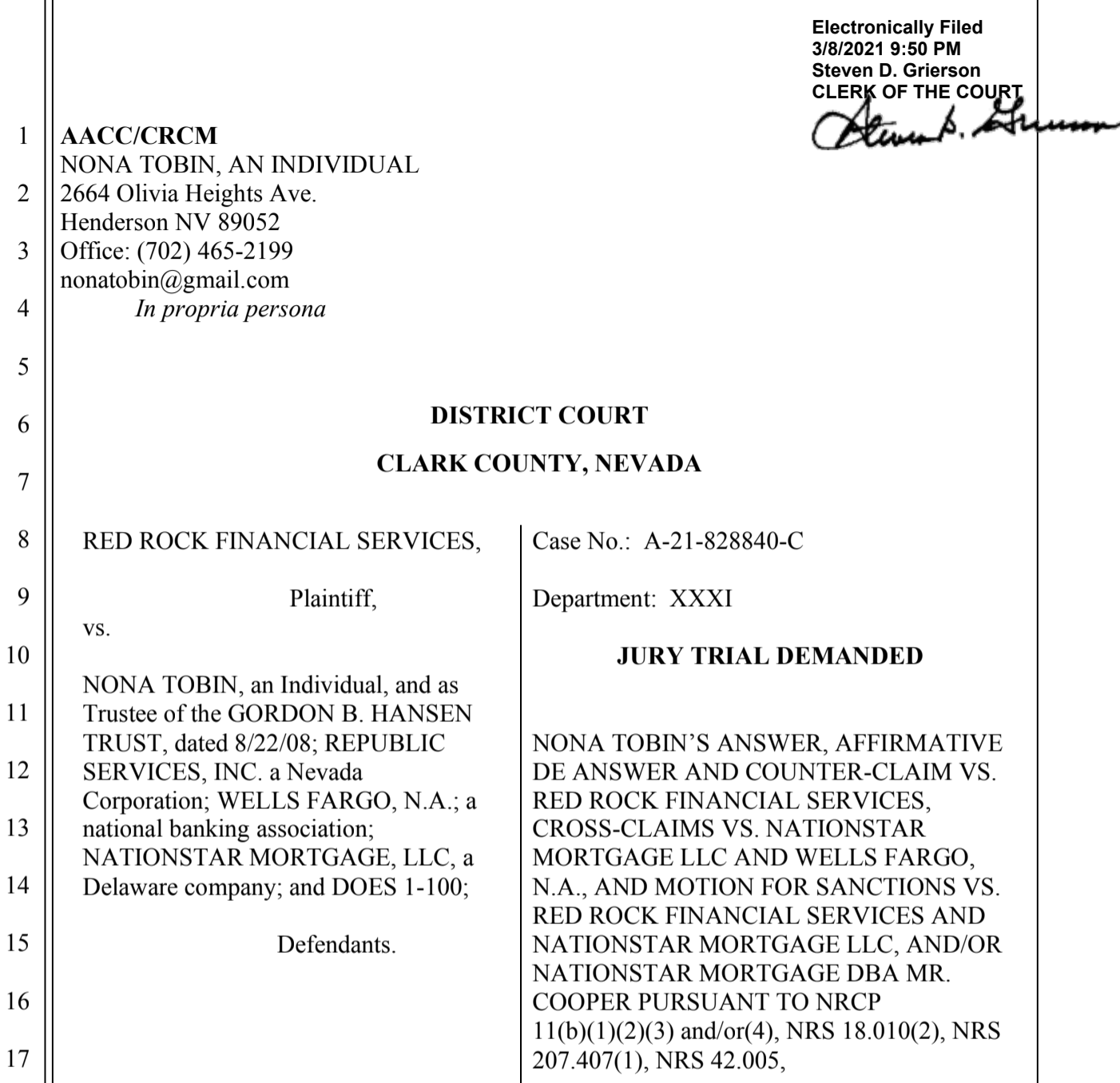
Why do our HOA attorneys help crooks steal from the homeowners?
Really, I’ m asking. I don’t know the answer. I just know I’ve been in litigation for five years because they aren’t working for the
Owners should ALWAYS come first!

Really, I’ m asking. I don’t know the answer. I just know I’ve been in litigation for five years because they aren’t working for the
At this hearing the SCA attorney said the petition against her was nothing under the law: “and further explained the petition of no confidence is
SCA’s attorney billed owners for “legal letters” to stop me & channel 13 from knowing how much Seddon is paid. The Clarkson Law Group &
What’s the big deal about GM pay? Excessive executive compensation is a huge trigger for lots of SCA owners. Unfortunately, the Board and GM have
Apparently, the sky is the limit “The Board could pay the GM $1 million/year if they wanted.” – former SCA CAM Lori Martin (in response
Or, anyway, that was the threat, before… Contact13’s Darcy Spears highlighted Sun City Anthem’s excessive executive compensation on the “HOA Hall of Shame” on Channel 13
The game goes on…but now they’ve got a scapegoat. I have been dealing with other things this past month, and had not kept up with
This is the third, and final, part of my 6/6/18 email to the NRED Chief Investigator and Ombudsman to clarify NRED’s process for ensuring that
Owners pay a high price for Board ignorance Basic ground rules the Board must learn by heart Association exists to serve the owners. Board exists
Board training is a MUST NRED Power points are available for anyone to view on the training section of the NRED website. Check them out all